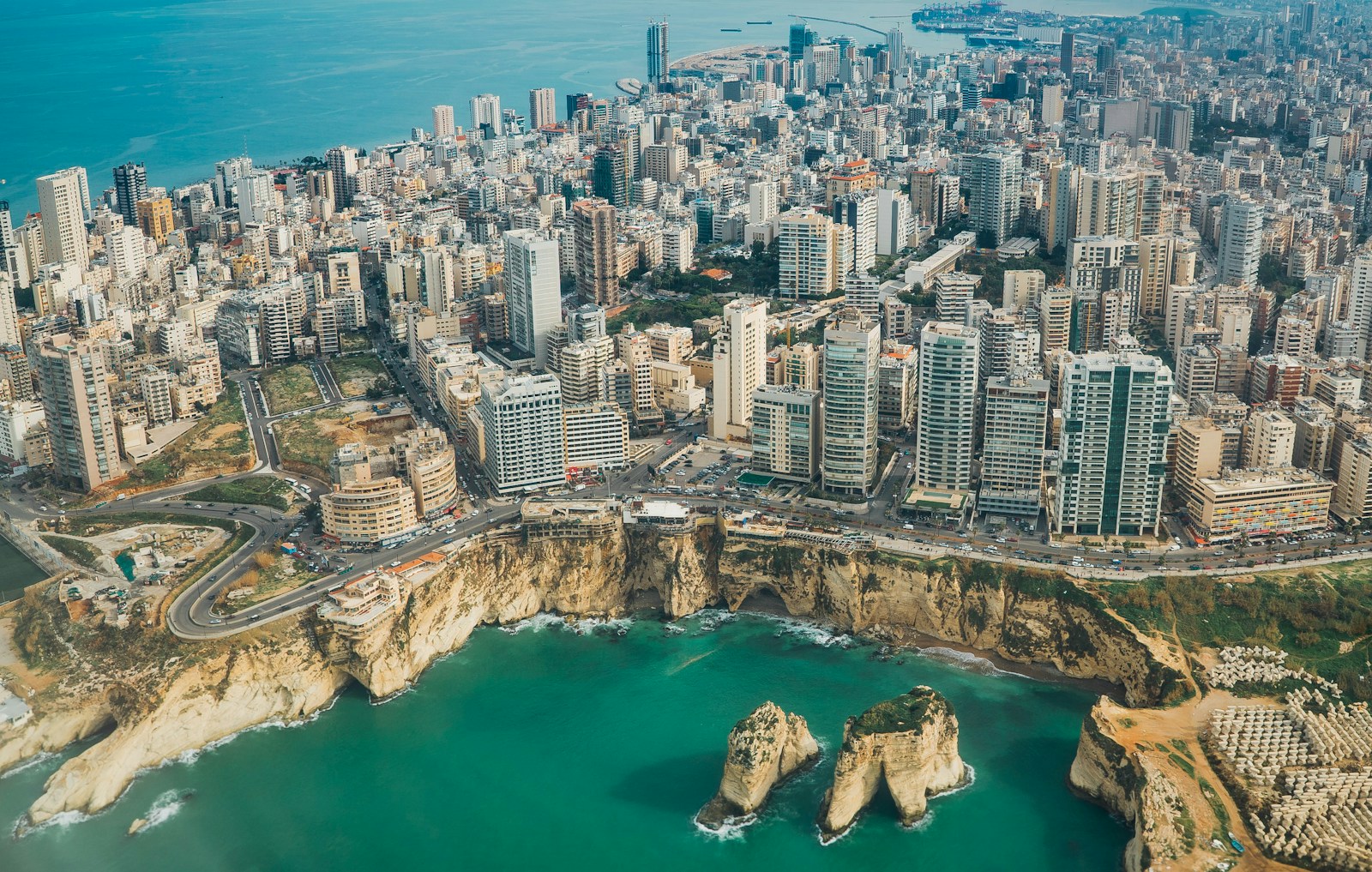Growing Tensions Between Hezbollah and Lebanon Over Disarmament: A Deepening Divide
In recent months, Lebanon has found itself caught in a mounting political and security crisis, as the debate over Hezbollah’s weapons and the group’s role in Lebanese politics grows more contentious. The Lebanese government, alongside regional and international powers, has long called for the disarmament of non-state armed groups, with Hezbollah being the most prominent of these factions. However, the party’s refusal to relinquish its arsenal of weapons has created a sharp divide between Hezbollah and the Lebanese state, as well as with a significant portion of the population.
A Fragile State and the Role of Hezbollah
Lebanon’s political landscape is characterized by complexity, sectarian divisions, and a fragile national unity. The country’s long-standing internal strife has been exacerbated by external pressures, particularly from neighboring Israel and Syria. Amid these challenges, Hezbollah, a Shiite militant group formed in the early 1980s, has established itself as a significant player in Lebanese politics, military affairs, and even in the country’s social fabric.
Hezbollah’s involvement in conflicts across the region, most notably in Syria, where the group has supported the government of Bashar al-Assad, has raised alarms among Lebanese citizens and officials. While the group presents itself as a defender of Lebanon’s sovereignty, particularly in its long-standing resistance against Israel, its growing power has led many to question its true allegiance. The group’s weapons are seen as a symbol of its independent military force, something that the Lebanese government, still recovering from years of civil war, is unable to fully control.
The Call for Disarmament: National Sovereignty vs. Militancy
At the heart of the ongoing tension is the issue of disarmament. The Lebanese government, with the backing of the international community, has consistently called for the disarmament of all non-state militias, including Hezbollah. The argument is simple: Lebanon cannot move forward as a unified and stable country while a powerful armed group operates outside the control of the state. The government asserts that disarming Hezbollah would allow Lebanon to regain its sovereignty, reduce internal strife, and facilitate international support and investment.
However, Hezbollah and its supporters view the demand for disarmament as an infringement on their right to defend the country, particularly against Israeli aggression. The group has built its political and military influence on the premise of protecting Lebanon from external threats, a narrative that resonates with many Lebanese citizens, particularly in the Shiite community, which has historically felt marginalized. For these individuals, Hezbollah is not just a militant group but a key defender of their security and identity.
The Regional and International Dimensions
Lebanon’s internal struggles are not isolated; they are influenced by the broader regional dynamics. Hezbollah receives significant support from Iran, which views the group as a key ally in its strategic goals in the region. This connection has made the disarmament issue even more complicated, as any move to dismantle Hezbollah’s military infrastructure could be seen as a direct challenge to Iranian interests.
The international community, including the United Nations, has called for the disarmament of Hezbollah. However, efforts to broker a peaceful resolution have been largely unsuccessful. The complexity of Lebanese politics, combined with Hezbollah’s entrenched position within the state’s fabric, makes it difficult to envision a resolution that satisfies all parties.
The Domestic Impact: A Nation at a Crossroads
Inside Lebanon, the divide over Hezbollah’s role has caused deep rifts among political factions, religious communities, and the general population. While Hezbollah has a loyal base of supporters, especially among the Shiite population, many Lebanese view the group’s weapons as a destabilizing force. The national debate is not only about the group’s military capabilities but also its political influence. Hezbollah’s dominance in government institutions has led to accusations of undemocratic behavior and corruption, further fueling discontent.
As the Lebanese economy continues to spiral into crisis, with soaring inflation, unemployment, and an unstable currency, the call for disarmament has become a symbol of broader frustrations with the political class. Many Lebanese citizens are demanding reforms and a return to state control over all aspects of governance. However, this struggle is complicated by Hezbollah’s political power, which ensures that any attempts to challenge its influence are met with fierce resistance.
Hezbollah’s Response: Defiance and Justification
In response to calls for disarmament, Hezbollah has remained steadfast in its position. The group’s leadership has repeatedly rejected the idea of surrendering its weapons, viewing them as essential to Lebanon’s defense and its ability to resist external threats. Hassan Nasrallah, the group’s Secretary-General, has stated that Hezbollah will not disarm as long as Lebanon faces threats from Israel and other regional actors. He has also emphasized that the weapons are not merely for offensive purposes but for deterrence, ensuring that Lebanon’s enemies know the price of aggression.
This position has been met with skepticism by many Lebanese citizens who question whether Hezbollah’s continued militarization serves the national interest or merely the group’s own political agenda. Critics argue that Hezbollah’s actions have drawn Lebanon into broader regional conflicts that undermine the country’s stability and international standing.
The Path Forward: Is a Resolution Possible?
As Lebanon grapples with this contentious issue, the question remains whether a resolution to the disarmament debate is even possible. The deep divisions within the country, compounded by external pressures and Hezbollah’s entrenched role in Lebanese politics, make finding a middle ground exceedingly difficult. Furthermore, the international community’s support for disarmament is unlikely to yield results without a unified internal stance from Lebanon’s political leaders.
The reality is that Lebanon’s future hinges on finding a balance between national sovereignty and the influence of armed groups like Hezbollah. Any sustainable solution must address the underlying issues of sectarianism, political corruption, and the state’s capacity to provide security and services to its people.
Conclusion: A Nation in Limbo
Lebanon finds itself at a critical juncture in its history, as the tension between Hezbollah and the government threatens to deepen the already fragile political and social fabric of the country. While Hezbollah’s weapons are seen by some as a necessary tool for defense, others view them as an obstacle to national unity and stability. The challenge moving forward will be to find a path that respects Lebanon’s sovereignty while addressing the broader issues of governance, security, and national reconciliation.
As Lebanon continues to face both internal and external challenges, the question of disarmament is not just about Hezbollah’s weapons, but about the future direction of the country itself. Without resolution, Lebanon’s struggle to regain control over its own destiny may continue to define its political landscape for years to come.
For more news: africaheritagevoice.com




